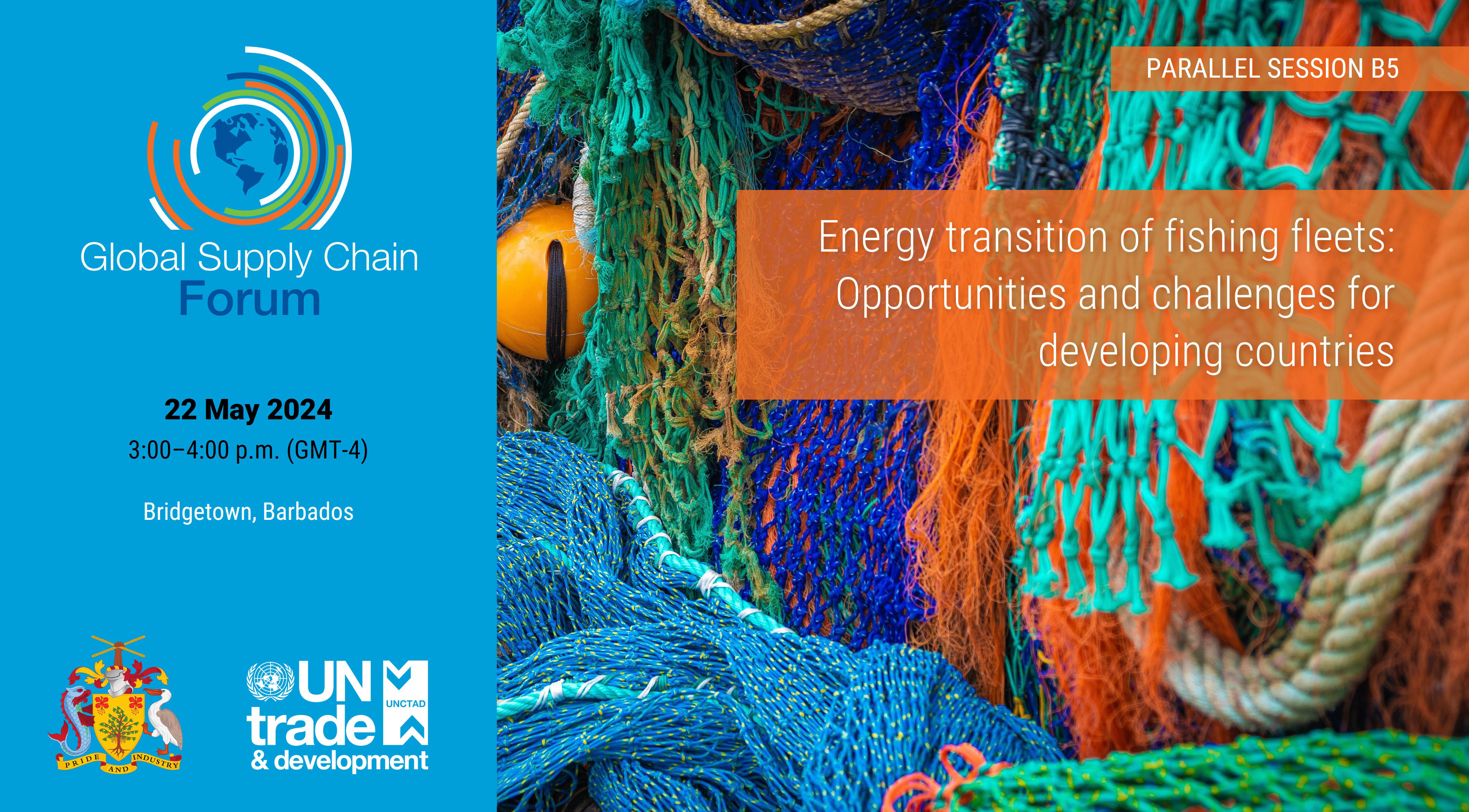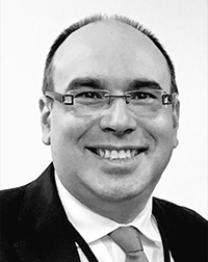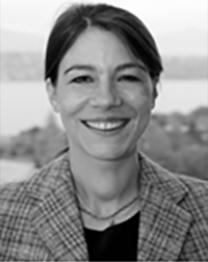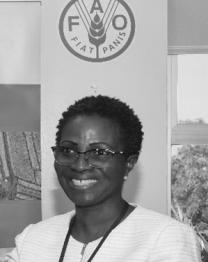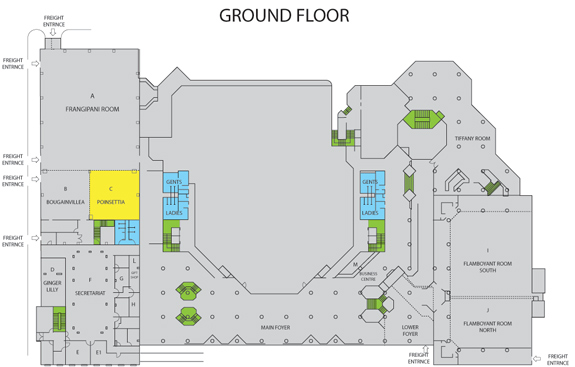The energy transition of fishing fleets is a critical and urgent global issue as nations commit to net-zero targets and climate action. The fishing sector’s heavy reliance on fossil fuels contributes significantly to greenhouse gas (GHG) emissions. However, the industry lacks comprehensive global targets and guidelines for this energy shift. Fishing vessels contribute between 0.1 per cent and 0.5 per cent of global carbon emissions, representing about 4 per cent of carbon emissions from global food production. Vulnerability is particularly evident in developing countries where small-scale, artisanal fishers, as well as women workers, face increasing challenges due to variable fossil fuel prices and the impacts of climate change on fish stocks.
This event aims to provide a first mapping of the main challenges and opportunities of the energy transition of fishing vessels for developing countries. It will launch the recent UNCTAD report titled “Energy Transition of Fishing Fleets: Opportunities and Challenges for Developing Countries”. The report emphasizes the critical role the fishing sector plays in ensuring food security and livelihoods. It provides a set of key economic, technological, trade, environmental, and social considerations to support a just energy transition for fishing fleets, particularly in developing countries.
Outcome
The expected outcome of this event is to define the preliminary elements of a roadmap for a global GHG emission target for the fisheries sector. This will help mainstream mitigation and adaptation actions as well as a just energy transition, particularly for small-scale fisheries.
Audience
The audience will be all global, regional, and national public and private actors interested in decarbonizing the fisheries and seafood value chain from sea to fork.
Programme
Moderator:
- Nikola Simpson, Founder & Director, Sustainable Caribbean
Keynote:
- H.E. Adrian R. Forde, Minister of Environment and National Beautification, Green and Blue Economy, Barbados
Speakers:
- David Vivas Eugui, Chief of Section, a.i. Trade, Environment, Climate Change and Sustainable Development Branch, DITC, UNCTAD
- Regina Asariotis, Chief, Policy, and Legislation Section, DTL, UNCTAD
- Yvette DieiOuadi, Fisheries Industry Officer & WECAFC Secretary, FAO
- Shelly-Ann Cox, Chief Fisheries Officer, Fisheries Division, Ministry of Environment and National Beautification, Green and Blue Economy
Open discussion
Nikola is an explorer, innovator, communicator, connector, and changemaker. As an experienced ocean and climate professional with a deep passion for regenerative development in the Caribbean & beyond, Nikola is committed to empowering and amplifying voices of individuals including women and youth and co - creating community solutions.
By marrying the old with the new while encouraging a culture of an innovation mindset, she is a dreamer but also a doer, thriving at the edge of the unknown, ready to explore and anticipate alternative futures through data supported emerging signals, trends and foresight driven by curiosity and an open mind.
With over 10 years of putting her expertise into practice, she continues to learn, pivot and adapt within the blue economy space. From fisheries to waste management to sustainable tourism to renewable energy to conservation finance, Nikola is truly an interdisciplinary working to achieve systems change.
David Vivas Eugui is Chief (a.i) of the Trade, Environment and Sustainable Development Branch at UNCTAD.
Previously, he was a Senior Economic Affairs Officer in UNCTAD’s Trade Negotiations and Commercial Diplomacy Branch, Deputy Programmes Director at the International Centre for Trade and Sustainable Development (ICTSD), Senior Attorney at the Center for International Environmental Law (CIEL), Attaché for Legal Affairs at the Mission of Venezuela to the World Trade Organization (WTO) and Staff Attorney at the Venezuelan Institute of Foreign Trade. David is an international expert with more than 20 years of experience on legal and economic issues.
He has worked as an advisor and consultant for various institutions, international and national organizations and has lectured on intellectual property, trade, oceans economy and environmental law at the University of Strasbourg (CEIPI), Universidad de Buenos Aires (Argentina), Universidad Javeriana (Colombia), Maastricht University (the Netherlands), WIPO Distant Learning Academy, and University of Business and International Studies (Switzerland).
He holds a JD from the Universidad Catolica Andres Bello, an LLM from Georgetown University and a Master in Transnational Business from the Universidad Externado de Colombia.
Regina Asariotis is Chief of the Policy and Legislation Section in the Division on Technology and Logistics of UNCTAD, where she is responsible for work on transport law and policy, covering a broad range of substantive issues. This includes extensive research, expert dialogue and technical cooperation, on the implications of climate change for maritime transport and trade, with a focus on climate change impacts and adaptation for seaports and other critical transport infrastructure, including in SIDS. Before joining UNCTAD in 2001, Regina was a Senior Lecturer in Maritime Law at the University of Southampton. She holds a German law degree, an LL.M, as well as a PhD from the University of Hamburg and is a Barrister (England & Wales) and Attorney at Law (Greece), as well as Member of the Chartered Institute of Arbitrators (CIArb).
Yvette Diei-Ouadi holds a veterinary doctorate, from the Ecole Nationale Vétérinaire in Nantes, in France. She has over twenty-five years of experience in fisheries value chain efficiency enhancement.
She is the Fishery and Aquaculture Officer of the United Nations Food and Agriculture Organization (FAO) subregional office for the Caribbean, based in Barbados, that she joined in July 2018, following 14 years of assignment in FAO Headquarters (Rome/Italy).
She coordinates the Secretariat of the Western Central Atlantic Fishery Commission (WECAFC) as well, a 34-member regional fishery body which promotes the effective conservation, management, and development of the living marine resources of its area of competence.
Shelly-Ann Cox is the appointed Chief Fisheries Officer of Barbados. She took up her role in January 2023 with a mission to improve the country's fishing industry and guide it to new heights.
Her role as Chief Fisheries Officer is extraordinarily dynamic and multifaceted. Her days often provide new experiences and require a balanced solution-oriented skillset.
However, she enjoys connecting with her stakeholders and is dedicated to breathing new life and advancements into the fisheries sector.
Contact
Global Supply Chain Forum secretariat
[email protected]
Mr. Jan Hoffmann
Head of the Trade Logistics Branch
Division on Technology and Logistics
UNCTAD, Geneva
[email protected]
Ms. Pamela Ugaz
Economic Affairs Officer
Trade Facilitation Section
Division on Technology and Logistics
UNCTAD, Geneva
[email protected]

